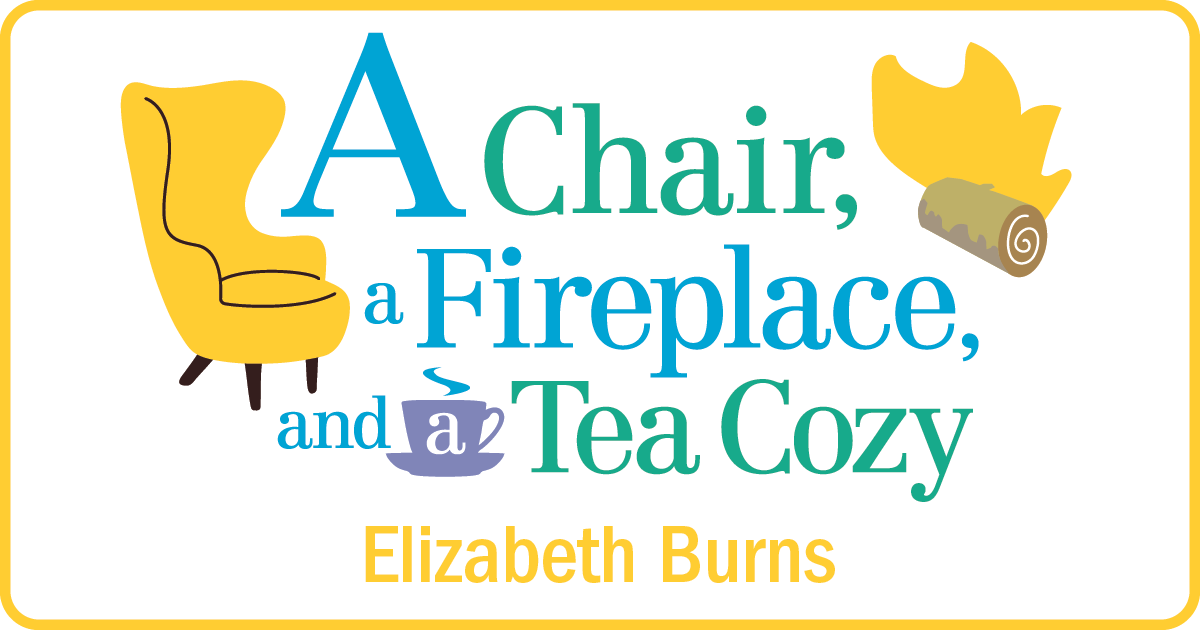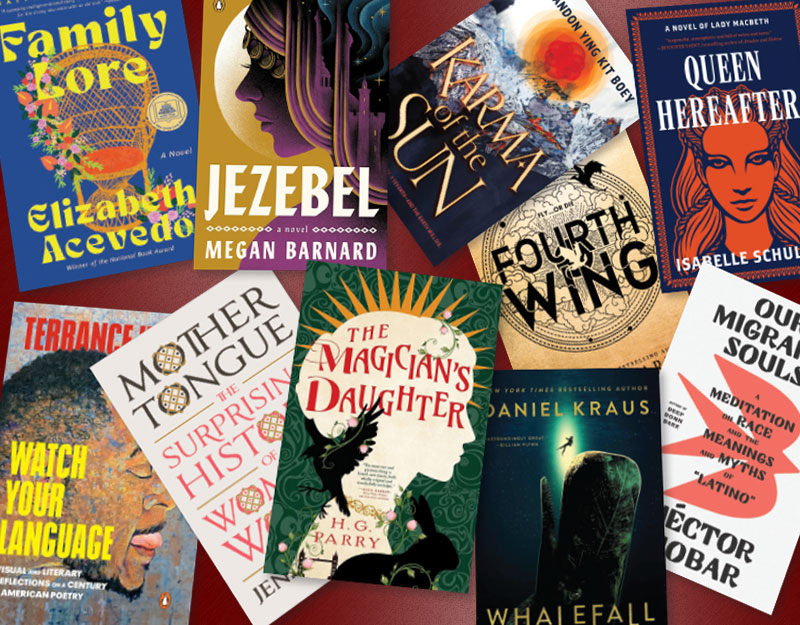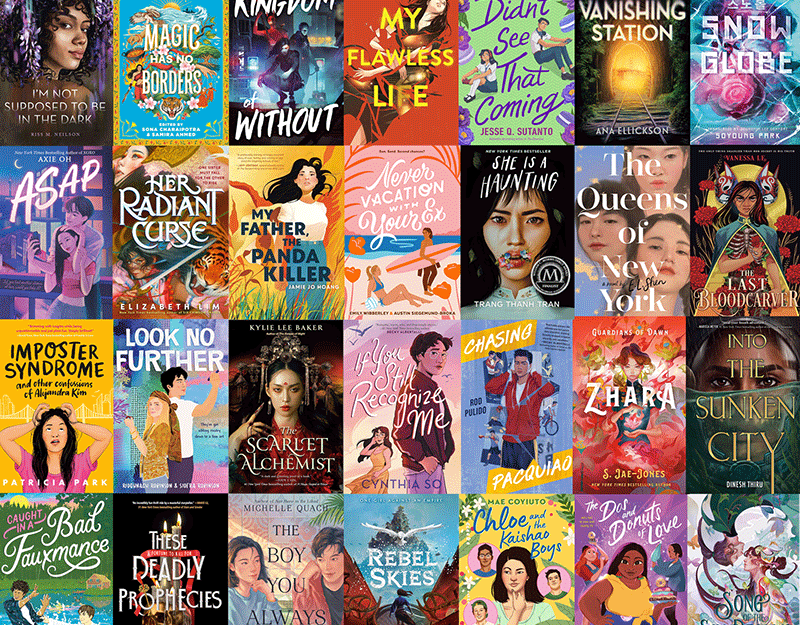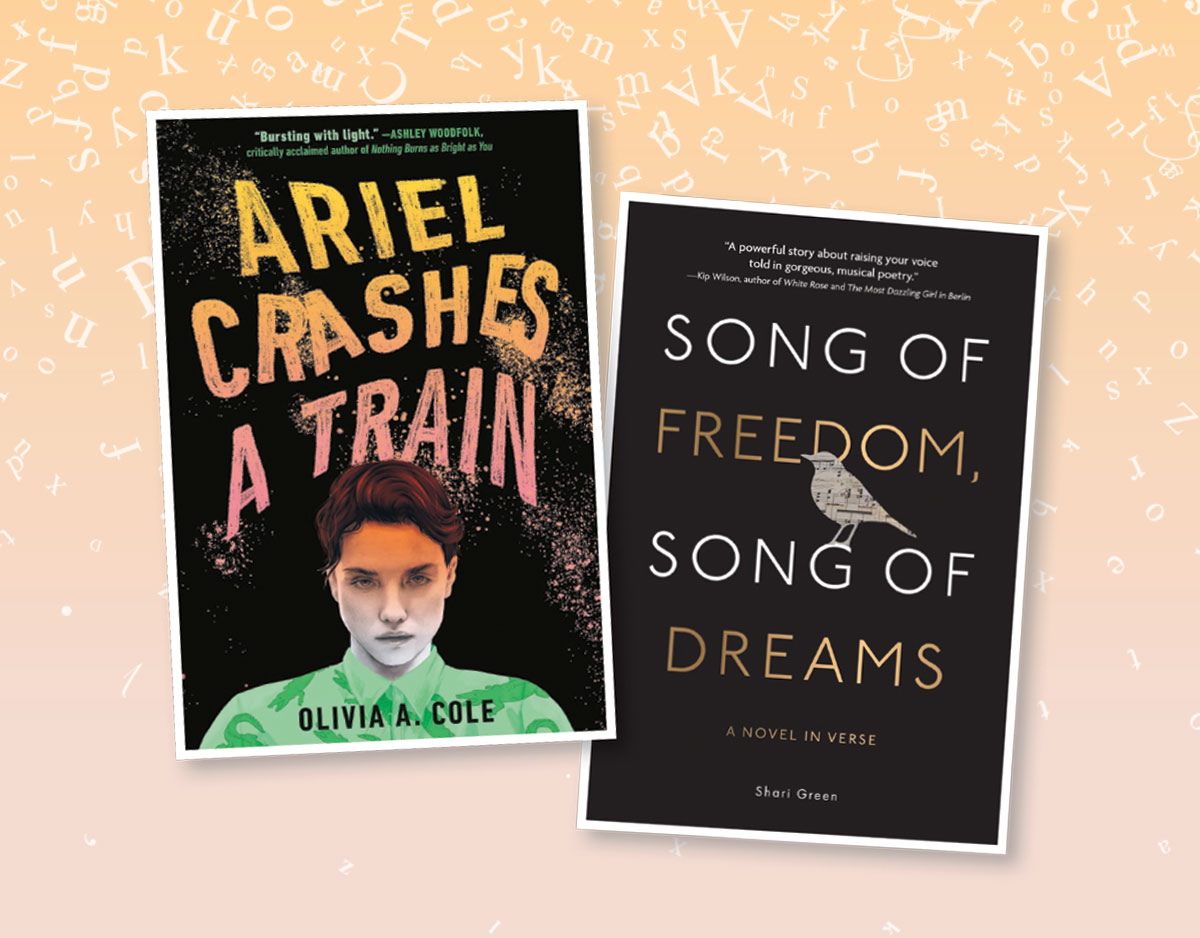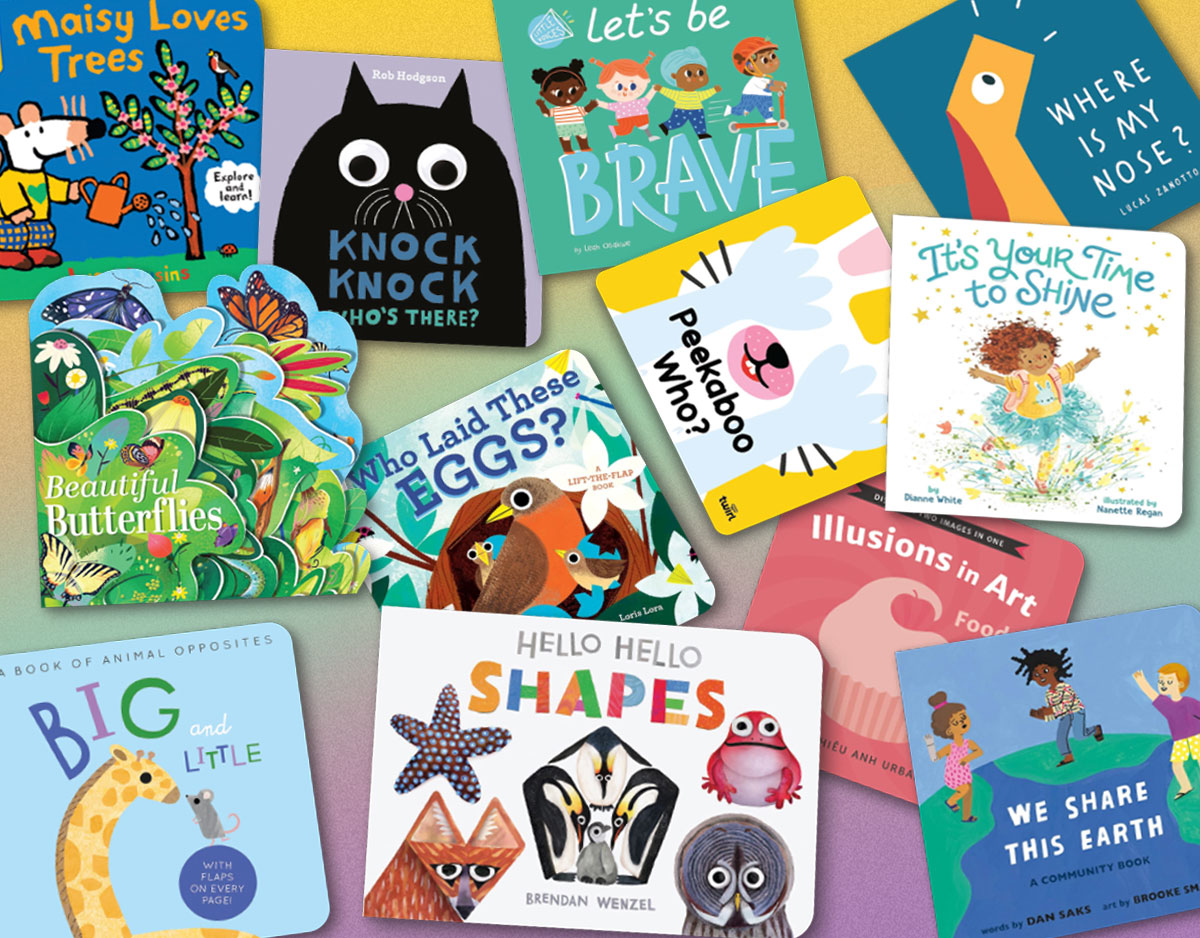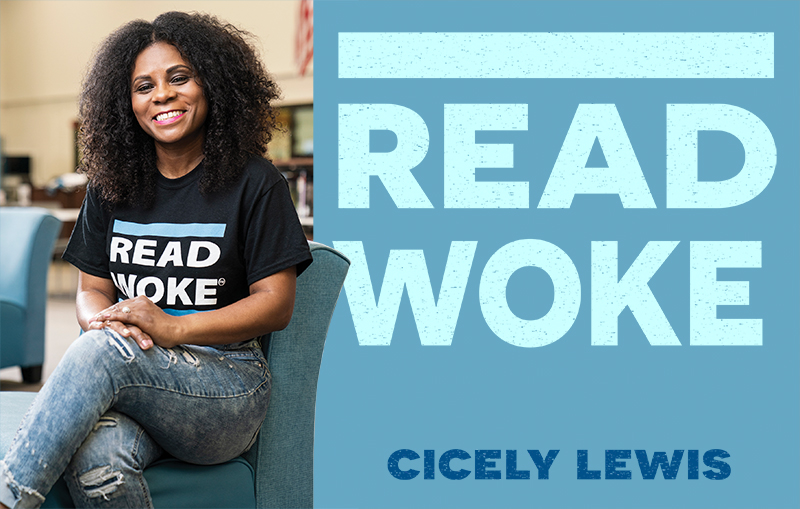SCROLL DOWN TO READ THE POST
Interview: Charles Benoit
Welcome to the Winter Blog Blast Tour, 2010 edition!
 Charles Benoit is the author of You (Harper Teen, 2010). It is his debut young adult novel; his previous novels are adult mysteries: Relative Danger (Poisoned Pen Press, 2004), Out of Order (Poisoned Pen Press, 2006), Noble Lies (Poisoned Pen Press, 2007).
Charles Benoit is the author of You (Harper Teen, 2010). It is his debut young adult novel; his previous novels are adult mysteries: Relative Danger (Poisoned Pen Press, 2004), Out of Order (Poisoned Pen Press, 2006), Noble Lies (Poisoned Pen Press, 2007).
From my review of You: “Told in second person, Benoit pulls you into the story, makes the story about you and your choices and your friendships. Your slacking off (why?) in middle school, so you didn’t go to High School with your friends from the gifted program, and you began hanging out with the hoodies and drinking and getting Cs and you liked Ashley but couldn’t tell her and now you’re standing there, with shattered glass and blood and screaming won’t help because it’s already too late and how did you get here? Some people say the teen books that scare the hell out of them as parents are the books where bad things happen to teens. Me, – while not a parent, I’m an aunt, and a friend of many a parent – I am scared by the books about kids who get lost. Not literally, but figuratively.”
ADVERTISEMENT
ADVERTISEMENT
So, You is a serious book. But here is a secret: Charles is one of the funniest people I’ve met. OK, maybe that isn’t a real secret, and maybe we as readers should know that very funny people can write very serious, heart-wrenching books. But my point — if you have the chance, run, don’t walk, to hear him. You’ll come back and thank me. And now, on with the interview!
Liz B: Writers call themselves either “plungers” or “plotters.” Which one are you? Can you describe that process for us?
Charles: I tend to plan my books the same way I plan a vacation – I know where I want to go and the things I want to see along the way and the general route I’m going to take, but I leave the details (where I’ll stay, who I’ll meet, what I’ll try) to chance. This semi-serendipitous approach has helped travel (and write) with confidence while also ensuring enough surprises along the way to keep it interesting.
Liz B: What was your inspiration for “You”? What type of research did you do?

Charles: When you write mysteries like I’d been doing, you really can’t have endings that leave the reader guessing. It’s not the way the genre works – you have to wrap it all up, make sense of the ending and serve out justice in some form. When I started You, I knew I wanted a book that would have a WTF? ending (that stands for Wild, Thought-provoking Finish). I wanted readers to be, shall we say, uncomfortable with how it ends. I wanted them to get involved and figure it all out. That was the goal – to what degree I hit it is up to readers.
As far as research, I’m a former high school History teacher and I have many nieces and nephews, none of whom appear in any way shape or form in the book. At least that’s what I tell their parents. I also recycle a lot of the events from my youth and I’ll let readers guess which ones those were.
 Liz B: Your other books are for adults. Why write a young adult book?
Liz B: Your other books are for adults. Why write a young adult book?
Charles: I’d already written three adult mysteries and was going to start the fourth when Rose (my wife, who is a 9th grade English teacher) challenged me to write a Young Adult novel. I needed a break from writing mysteries and felt it would be a good creative exercise. I really came to this out of ignorance and it’s a good thing I did. I’ve read many YA books since finishing You and I’m blown away by the quality of the writing. If I had known then what I know now, I would have never attempted it. There are so many great YA writers out there. It’s an honor just to be on the same shelf with them.
Liz B: “You” is told in the second person. Was that always the narrative for that story? Why?
Charles: As I said, I started writing it as a challenge from my wife, but of course, being the cocky jerk I can be, I said that simply writing a YA wasn’t a challenge enough, that I’d go further and write it in the dreaded second-person. Turns out there are many reasons why people don’t tend to write in second-person, one of them being that it’s hard, but I stayed with it. Somewhere around the twentieth page I knew I was onto something. The voice came easier and by the last third of the book, I didn’t have to think about it at all. The hard part was to stop writing (and thinking and talking) in second-person. I think it started to freak people out – “You get a note from Charles Benoit. He says he’s going to stop by your house to see your new pool table.” Yeah, strange.
Liz B: Now that you’ve experienced two different areas of the publishing world, what surprised you most about young adult and being a young adult author?
Charles: I am amazed at the quality of writing that’s considered the norm in the YA world. I’ve learned that it’s less “Young Adult Literature” and more “Literature that Young Adults Also Like.” I’ve also been impressed by the level of the questions I’ve been asked by teen readers. The depth of understanding and complexity of the analysis shocks me. If I thought at that level in high school—and I’m quite sure I did not—I might have made something of myself.
Liz B: “You” has both a fabulous cover and terrific interior design. Did you have to offer up any sacrifice?
Charles: It is great, isn’t it? I did share some ideas and I’d love to say that these were them, but they weren’t and I am very happy that my ideas were politely dismissed by my editor at Harper Collins. My idea involved a shiny, mirror-like reflective paper…ugh, I can’t believe I’m admitting this. Don’t tell anyone, okay?
Liz B: Your secret is safe with me. I pinky swear.
Are you working on another YA book? Can you tell us anything about it?
Charles: I’m a writer, of course there’s another one! This one’s a YA Ro/Co Caper, and that means that it’s written with teen readers in mind (but not exclusively), that it’s a romantic comedy (a guy and a girl who are not supposed to be together end up together, sortta), and it involves a series of elaborate capers (thefts) that have to be planned and carried out, with a zillion things going wrong along the way. There’s also a story line about getting away from helicopter parents (the super-protective kind that hover over their kids till they’re well into their late 20s) and the desire to be famous (when there’s nothing fame-able about you). It’s all quite fizzy and fast with zippy dialog and tense action scenes and I’m having a blast writing it. That’s always a good sign!
ADVERTISEMENT
ADVERTISEMENT
Liz B: You are quite the storyteller! Actually, I will show off my snazzy vocabulary by saying you are a raconteur. (It’s a good thing this is a written interview, otherwise I’m afraid I’d say that word wrong.) I almost hesitate to ask you to share a story, because it’s also how you tell the story. Though, if you want to, I won’t stop you. What are some of your upcoming appearances so that people can hear you in person?
Charles: I appear daily at the advertising agency where I work (Dixon Schwabl) and I assume they like that since they let me stay. I’m doing a bunch of Skype events with schools and book clubs across the country (hint, hint) and I’m very excited about the Teen Book Fest here in Rochester in the Spring as well as the first ever Young Adult Book Fest in Keller, Texas in April. I also do a radio show called The Smart Set on Jazz90.1 FM in Rochester (Saturday nights from 5-6 EST) – it’s a strange sortta show that requires some imagination and a good sense of humor. You can Friend the show on Facebook (it could use the friends) and listen live online at jazz901.org
Liz B: You have a radio program. And a full time job. What is your writing schedule, or, in other words, do you sleep?
Charles: I work at the ad agency (writing, mostly) from 7am to 3pm, get home around 4ish, play my saxophone for an hour, eat dinner, say hello to Rose and the head up to my office to write. My rule is that I must write for at least 2 and a half hours or write at least 500 words. I catch up on my sleep when I can, usually while driving.
Liz B: What books did you read as a teenager?
Charles: Everything written by Edgar Rice Burroughs, Michael Moorcock, Terry Brooks and Robert E. Howard, and anything with a cover of a guy with a sword and a girl in a metal bikini and a dragon or some sort of beast from hell that had to be slayed. I was sort of in a Sword & Sorcery rut for a few years. I also read a lot of P.G. Wodehouse and anyone who ever wants to be a writer should study Wodehouse. Wildly fun and complex boy-meets-girl plots, plus at least three brilliantly original and hilarious similes per page. Start with The Code of the Woosters and go where you will after that. My favorite is Uncle Fred in the Springtime. I read it once a year. Genius.
Liz B: What books have you read recently that you’d recommend?
Charles: Here are the five I’ve read most recently that I’d recommend:
The Things a Brother Knows by Dana Reinhardt.
Struts & Frets by Jon Skovron
Half Brother by Kenneth Oppel
Tinkers by Paul Harding
Kenneth Fearing: Selected Poems, edited by Robert Polito
Liz B: Thank you so much!
Head over to Chasing Ray for links and quotes from the other interviews today:
Andrea Seigel at Shaken & Stirred
Adele Griffin at Bildungsroman
Susan Campbell Bartoletti at Chasing Ray
Sarah MacLean at Writing & Ruminating
Allen Zadoff at Hip Writer Mama
Filed under: Interviews, Uncategorized
About Elizabeth Burns
Looking for a place to talk about young adult books? Pull up a chair, have a cup of tea, and let's chat. I am a New Jersey librarian. My opinions do not reflect those of my employer, SLJ, YALSA, or anyone else. On Twitter I'm @LizB; my email is lizzy.burns@gmail.com.
ADVERTISEMENT
SLJ Blog Network
The Moral Dilemma of THE MONSTER AT THE END OF THIS BOOK
Cover Reveal and Q&A: The One and Only Googoosh with Azadeh Westergaard
Winnie-The-Pooh | Review
A Reading Community: A Love Letter to Local Independent Bookstores, a guest post by Heather Del Piano
The Classroom Bookshelf is Moving
ADVERTISEMENT
ADVERTISEMENT

